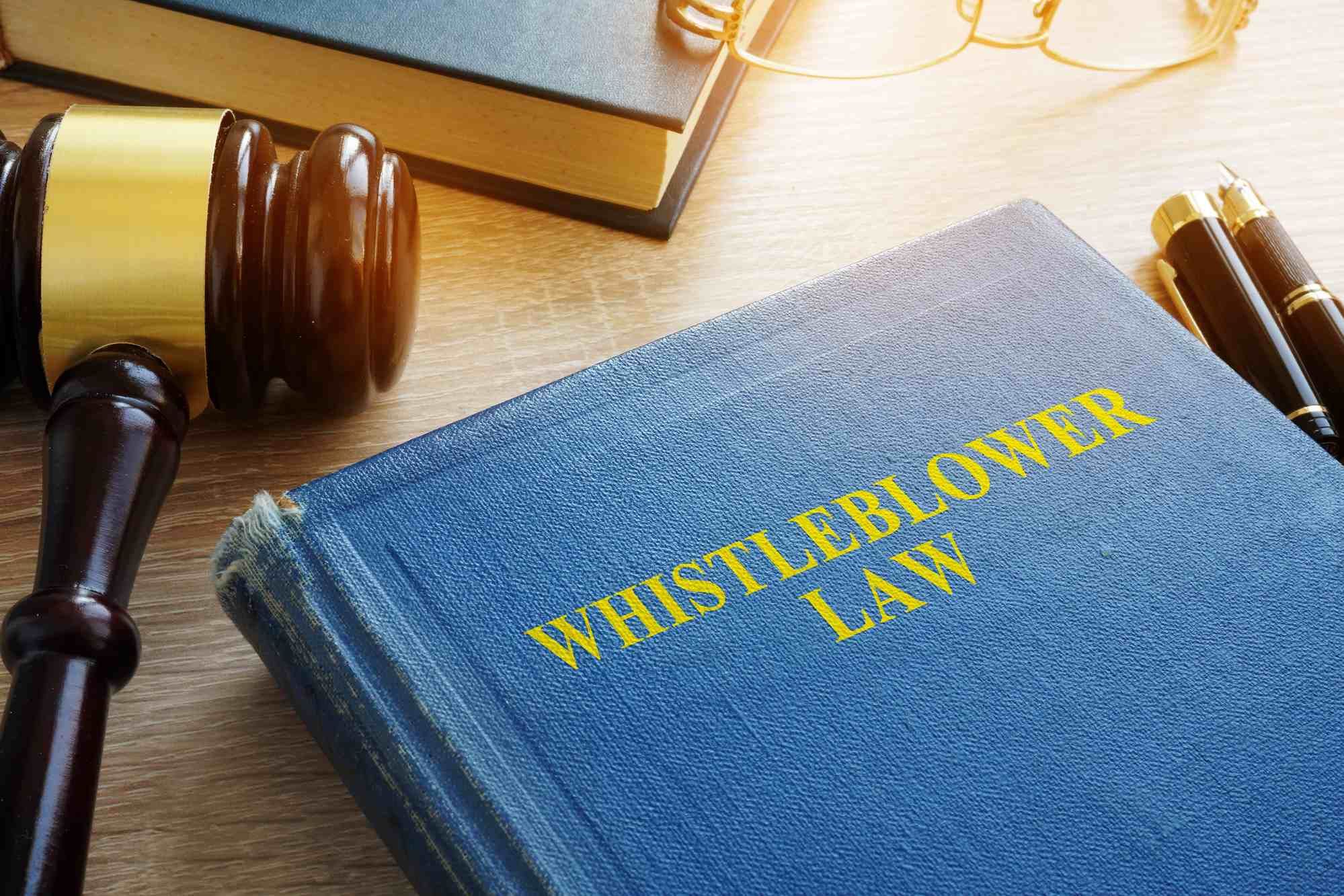 Whistleblowers protected under federal law cannot be retaliated against for filing a False Claims Act lawsuit.
Whistleblowers protected under federal law cannot be retaliated against for filing a False Claims Act lawsuit.
What are whistleblowers?
Whistleblowers are people who witnessed illegal or fraudulent actions and then proceed to either report the actions or file a lawsuit under the federal False Claims Act.
The False Claims Act was enacted by Congress in 1863 in order to prosecute suppliers during the Civil War who were defrauding the Union Army. The law has since been amended numerous times and allows private citizens to file a lawsuit against offending individuals or entities if they have witnessed fraud. Plaintiffs in these lawsuits are called “whistleblowers.”
Historically, whistleblower lawsuits have been called qui tam lawsuits, referencing the Latin phrase qui tam pro domino rege quam pro se ipso in hac parte sequitur, meaning “[he] who sues in this matter for the king as well as for himself.”
If a whistleblower files a qui tam lawsuit under the False Claims Act, they are bringing claims on behalf of the federal government.
If the government chooses to pursue the lawsuit and reaches a settlement, whistleblowers may be able to receive between 15 and 25% of the recovered money as an incentive for their services.
Many whistleblower lawsuits are filed over healthcare fraud and military contract fraud, but other cases of fraud may be eligible for a False Claims Act lawsuit if they result in false claims made to any government program.
How are whistleblowers protected under the law?
Whistleblowers are legally protected from a variety of retaliatory behaviors, including but not limited to:
- Termination
- Demotions
- Denying overtime
- Denying promotions
- Discipline
- Denying benefits
- Refusal to hire or rehire
- Intimidation
- Harassment
- Reassignment
- Reducing pay and/or hours
- Blacklisting (interfering with an employee’s ability to get hired in the future)
- Isolation, ostracizing, mockery, false accusations of poor performance, and other behaviors
- Constructive discharge (forcing an employee to quit by making working conditions intolerable)
What happens if companies violate whistleblower protection?
If companies retaliate against whistleblowers protected under federal and state law, they may be subject to even more penalties than they may have faced for fraud.
Companies may be forced to pay retaliation damages under federal and state laws. If an employee was fired in retaliation for their whistleblowing lawsuit, companies may be forced to reinstate them, pay two times the amount of back pay, and interest on the back pay in addition to retaliation damages.
In general, whistleblower and qui tam lawsuits are filed individually by each plaintiff and are not class actions. Whistleblowers can only join this investigation if they are reporting fraud against the government, meaning that the government must be the victim, and that the alleged fraud should be a substantial loss of money.
Do YOU have a legal claim? Fill out the form on this page now for a free, immediate, and confidential case evaluation. The attorneys who work with Top Class Actions will contact you if you qualify to let you know if an individual qui tam lawsuit or whistleblower class action lawsuit is best for you. Hurry — statutes of limitations may apply.
This article is not legal advice. It is presented
for informational purposes only.
ATTORNEY ADVERTISING
Top Class Actions is a Proud Member of the American Bar Association
LEGAL INFORMATION IS NOT LEGAL ADVICE
Top Class Actions Legal Statement
©2008 – 2026 Top Class Actions® LLC
Various Trademarks held by their respective owners
This website is not intended for viewing or usage by European Union citizens.
Get Help – It’s Free
Join a Free Whistleblower, Qui Tam Lawsuit Investigation
If you believe that you have witnessed fraud committed against the government, you may have a legal claim. Whistleblowers can only join this investigation if they are reporting fraud against the government, meaning that the government must be the victim, and that the alleged fraud should be a substantial loss of money.
See if you qualify to pursue compensation and join a whistleblower lawsuit investigation by submitting your information for a free case evaluation.
An attorney will contact you if you qualify to discuss the details of your potential case.
PLEASE NOTE: If you want to participate in this investigation, it is imperative that you reply to the law firm if they call or email you. Failing to do so may result in you not getting signed up as a client or getting you dropped as a client.












